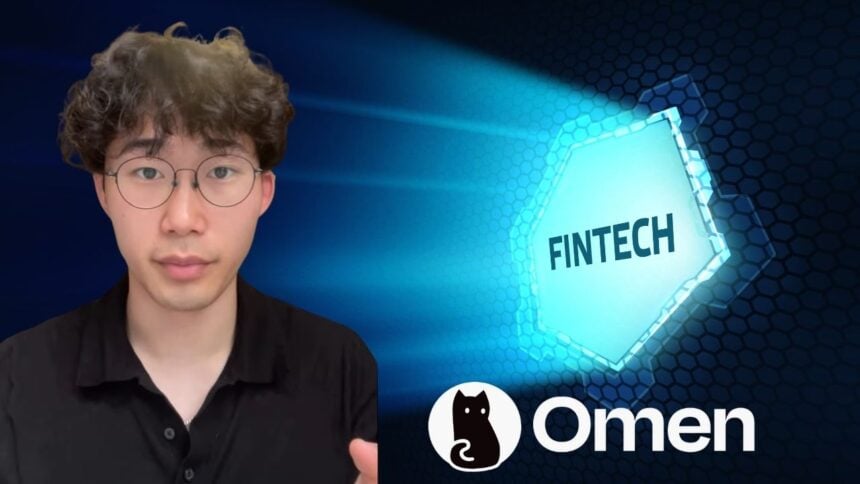According to posts going around among founders and investors, Daniel Jeong, one of the founders of the fintech startup The Fin, got into Y Combinator and had access to its internal resources. He then turned down the accelerator’s $500,000 funding.
Some YC partners and alumni were very upset by the move, saying it hurt the trust that has long been a part of Silicon Valley’s informal agreements.
People who know what happened say that Jeong used his YC connection to hire people and network, but then he didn’t sign the funding agreement so he could look for other jobs.
Supporters said he followed the rules because there was no binding agreement and that dropping out of a program shouldn’t be seen as a bad thing.
The disagreement has grown into a new look at whether elite accelerators still give businesses an edge in a market that values speed, proof of traction, and capital efficiency.
People often say that YC’s offer is a $500,000 package sent through standard forms for early-stage financing.
The deal has helped the accelerator find new clients and set a standard for many seed rounds.
Jeong’s sudden change of heart struck a chord with many veterans because it went against the “handshake culture” that they think is important for keeping the early-stage ecosystem going.
Others said that the real test should be whether any program really helps a company find a good fit between its products and the market, not how well it enforces rules.
The backlash comes at a bad time for founders who are trying to figure out how to get money. The mood on the public market has gotten better in fits and starts, and a pipeline of consumer and fintech listings is starting to build up again.
The change has led some teams to keep their options open. For example, coverage of Klarna’s Wall Street debut, which many investors see as a sign that the IPO window is opening wider, shows this.
Founders now have to think about whether the signal and support from an accelerator are worth the time and money they have to give up when there are other options, like venture studios and revenue-based financing.
The alumni network, office hours, and fundraising playbook at YC are still very appealing to first-time founders, especially those who don’t have a lot of connections to venture capital.
But the Jeong episode shows that the market is moving toward a more transactional model, where brand loyalty is just one factor among many. More and more, growth strategies are based on tech playbooks that are used in other areas.
An article about how Web3 branding secrets can make small businesses into big ones talks about how founders now put community, distribution, and storytelling on the same level as their products.
When social media attention is added to the cap table, things can go wrong quickly if expectations and paperwork don’t match up.
The seed stage is still going strong, but later-stage investors are being more picky. Since the 2021 boom, alternative exit routes like the SPAC 101 playbook have lost steam that background makes every early promise seem more serious.
Programs that show a measurable increase in hiring, distribution, or revenue will stay ahead.
Those who can’t will see more founders try things out, accept temporary offers, and then leave if they think the opportunity cost is too high.
Jeong has defended his choice by saying there are no signed documents and by asking why people who drop out are looked down upon.
People who have been in YC for a long time say that the community depends on rules that treat a verbal yes as a real promise. It’s possible for both points to be true.
This incident shows a gray area between good manners and legally binding contracts. This area will probably get smaller as accelerators and founders set expectations earlier in the process.
This episode shows that the market is changing. Founders in the early stages have more tools and information than ever. Accelerators are still important, but they need to show how they are better in real ways.
In a competitive, capital-aware environment, the next groups at YC and other places will probably have clearer commitments on both sides and fewer assumptions about what a handshake means.




















